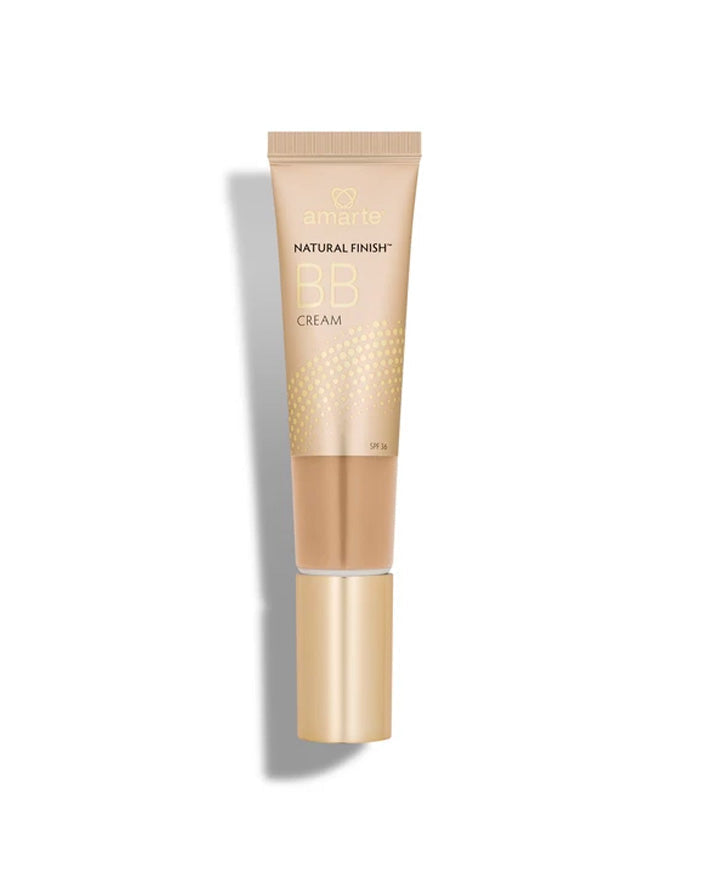

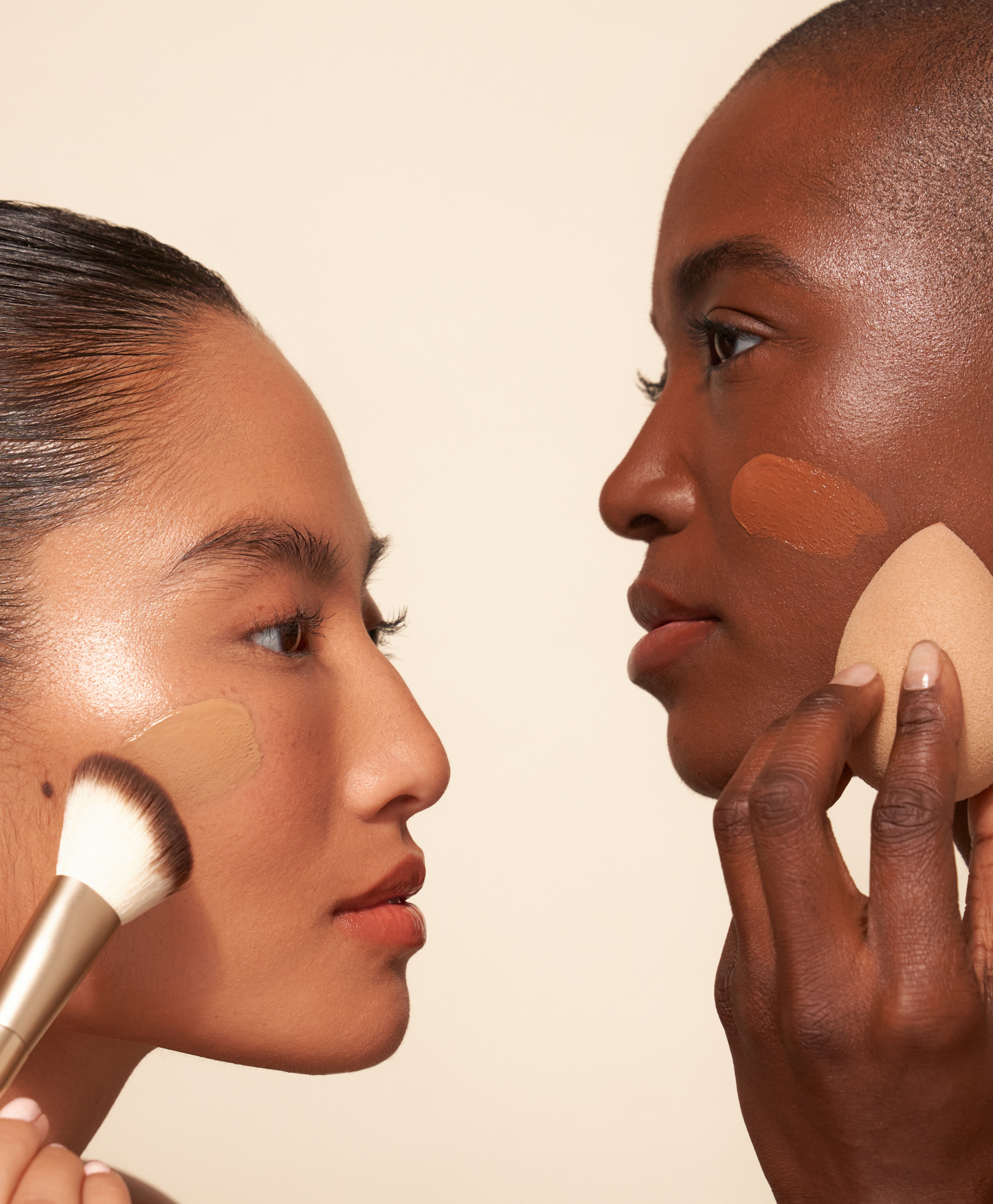






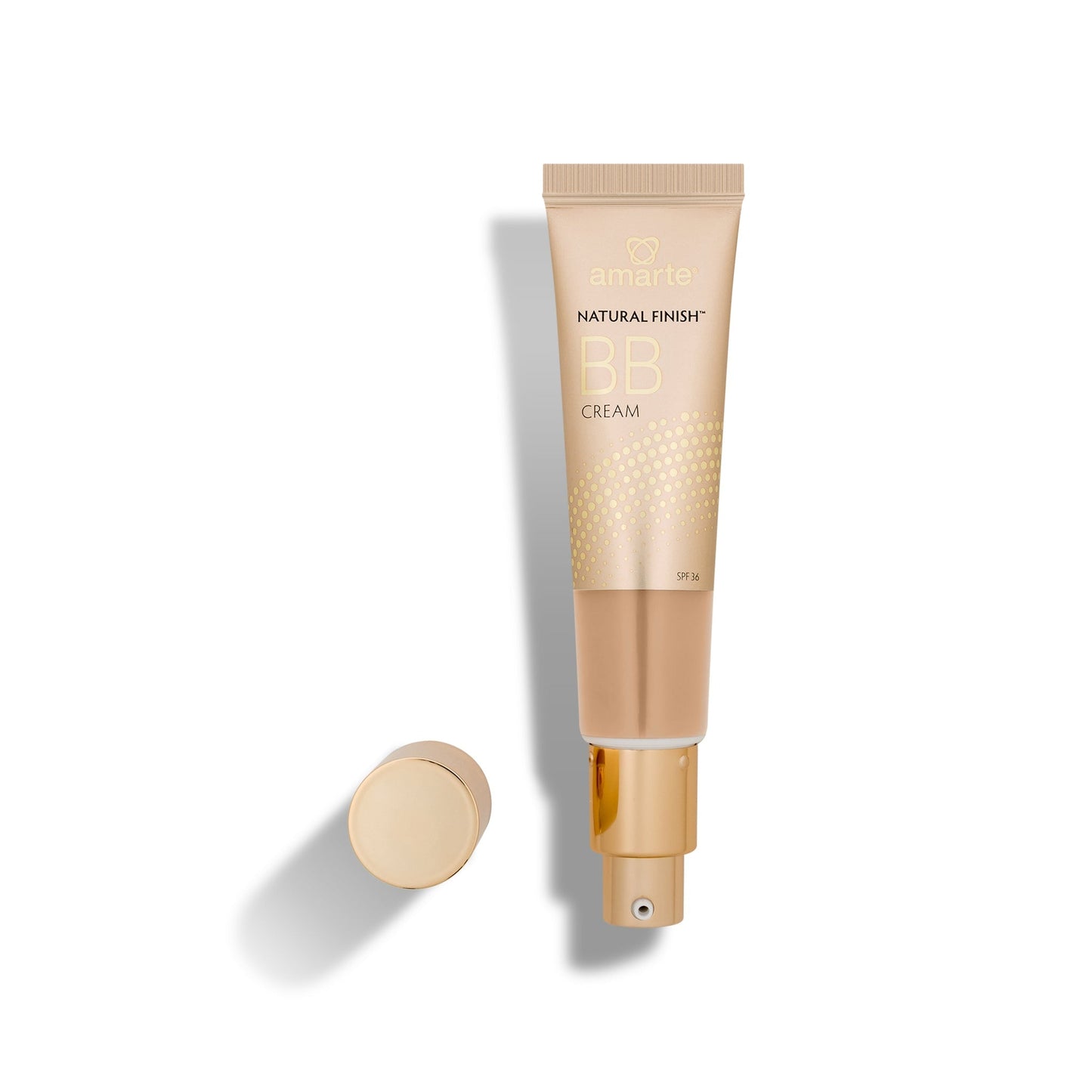
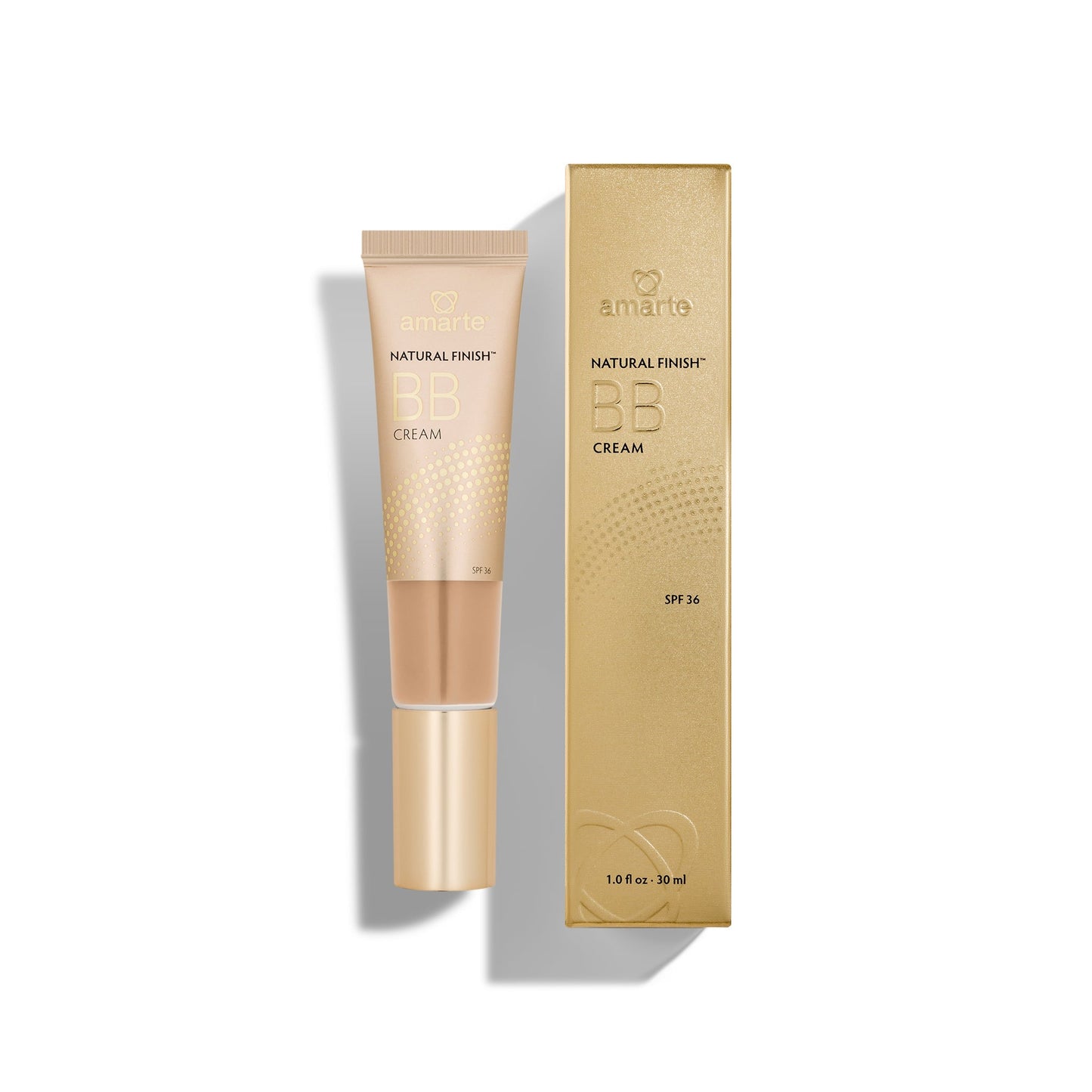
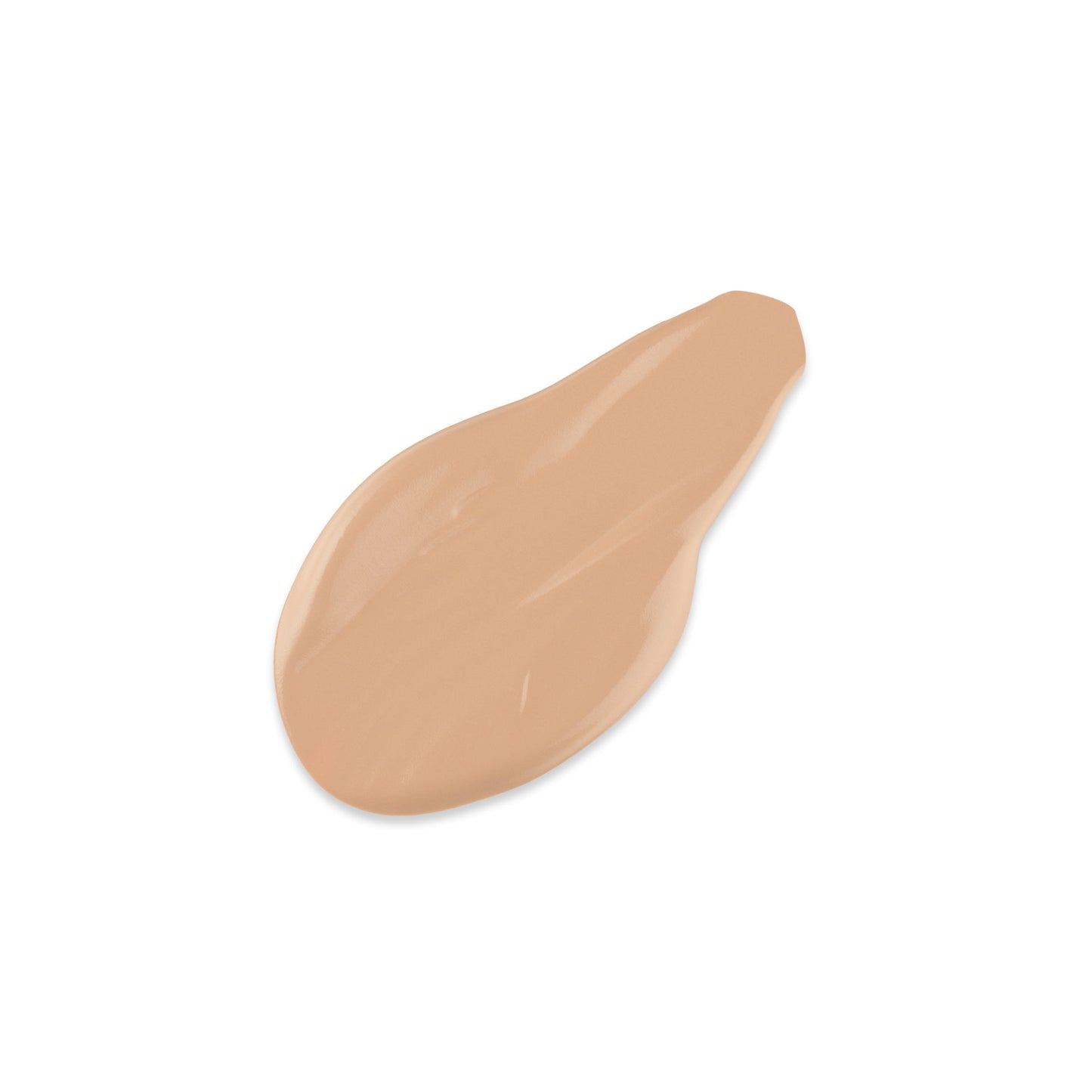
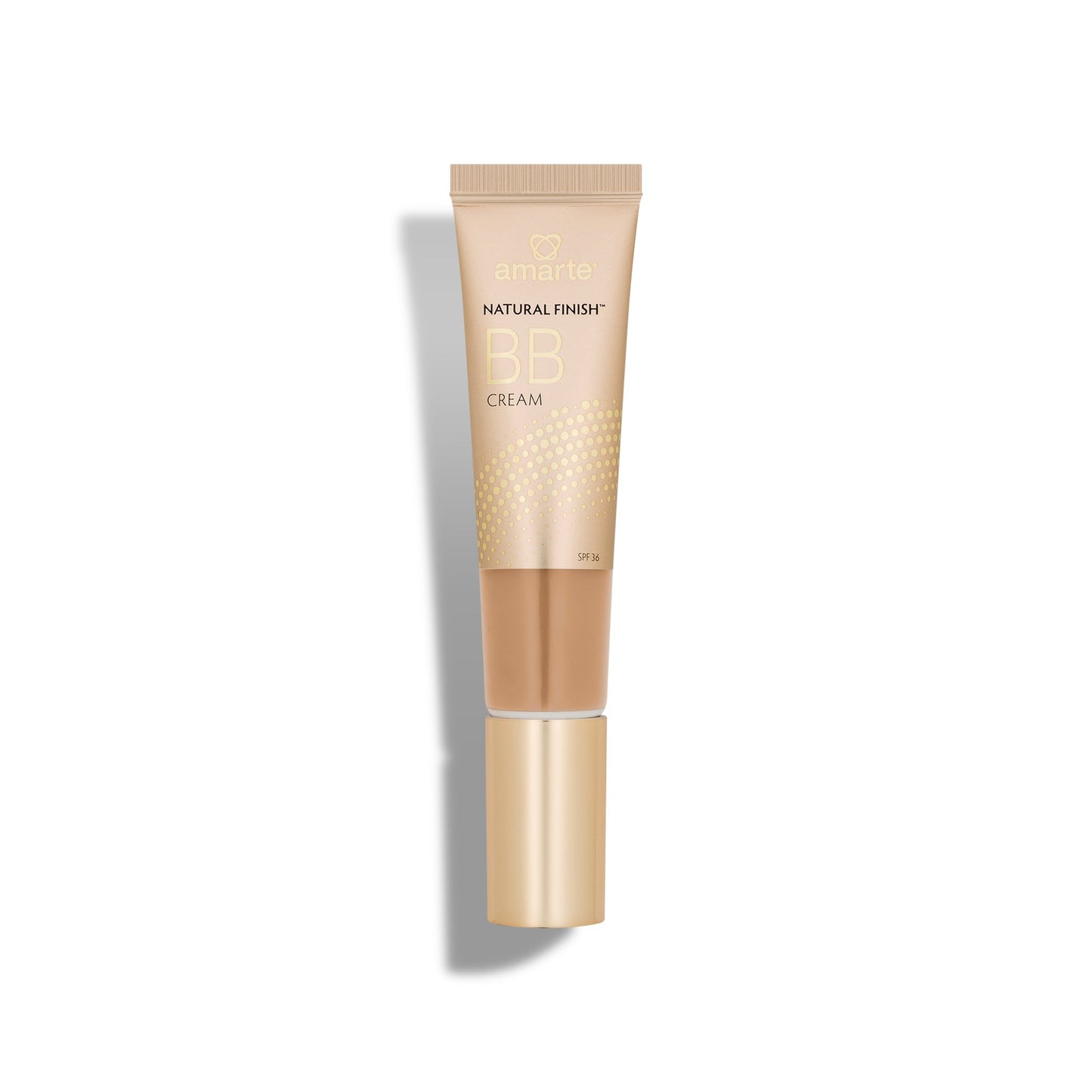
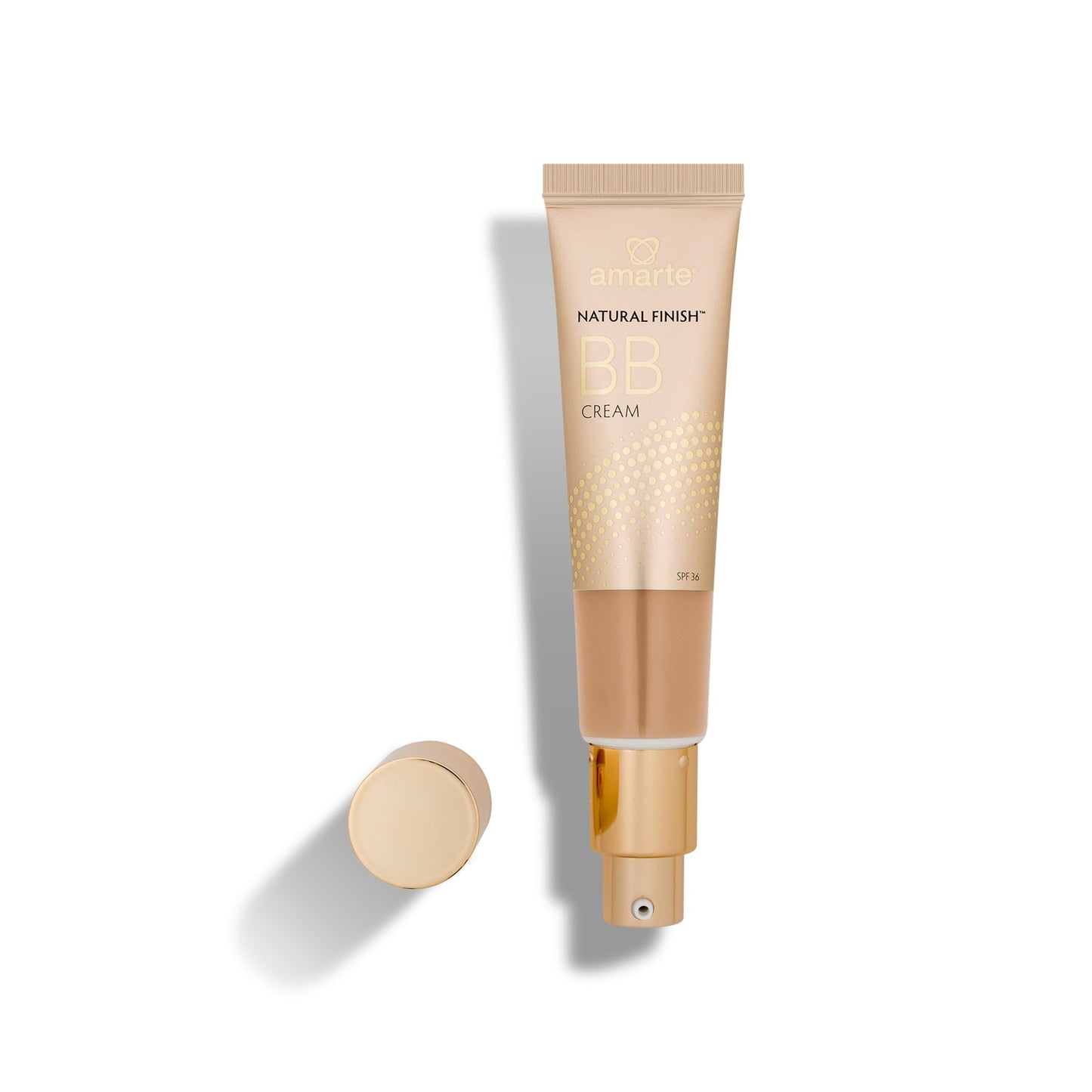
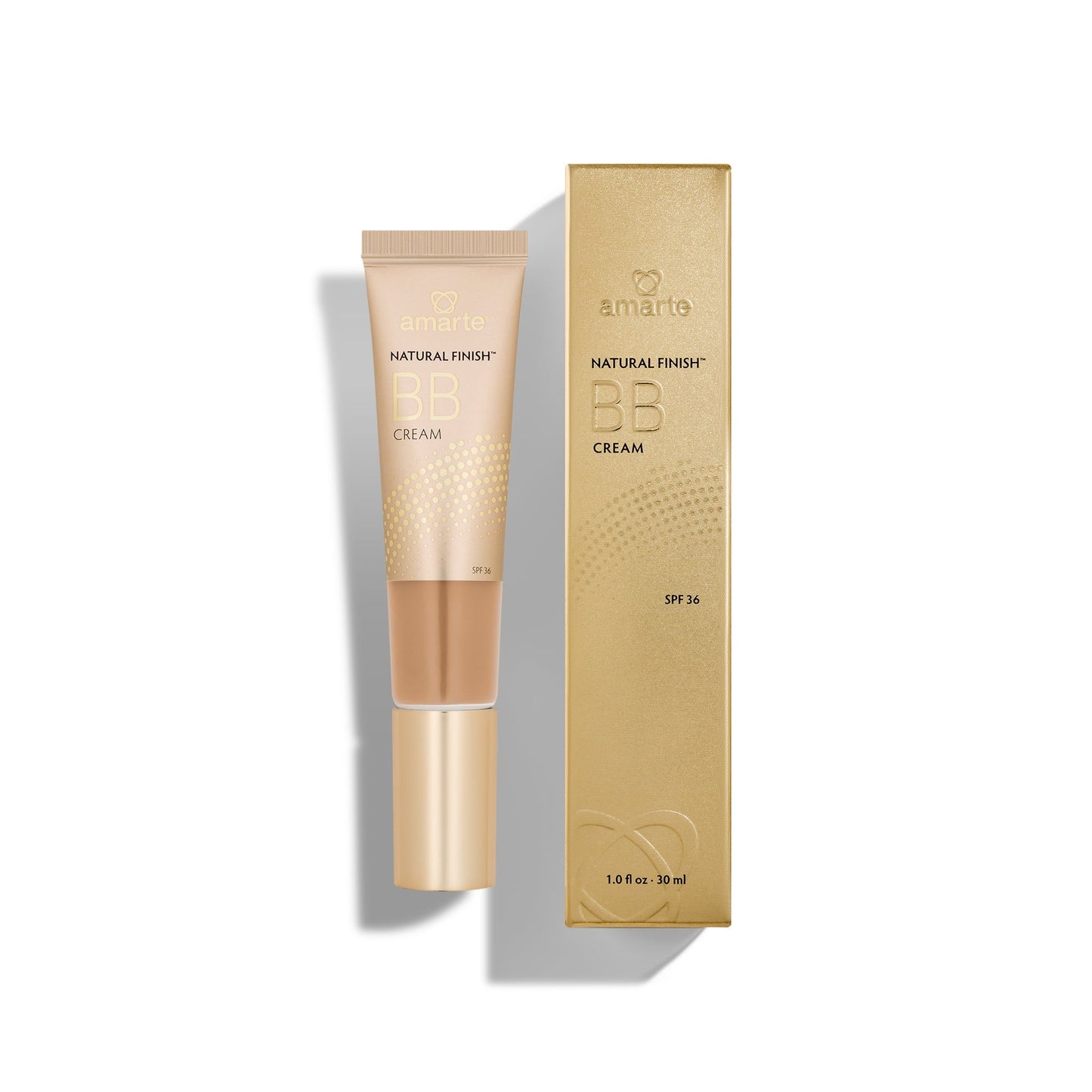
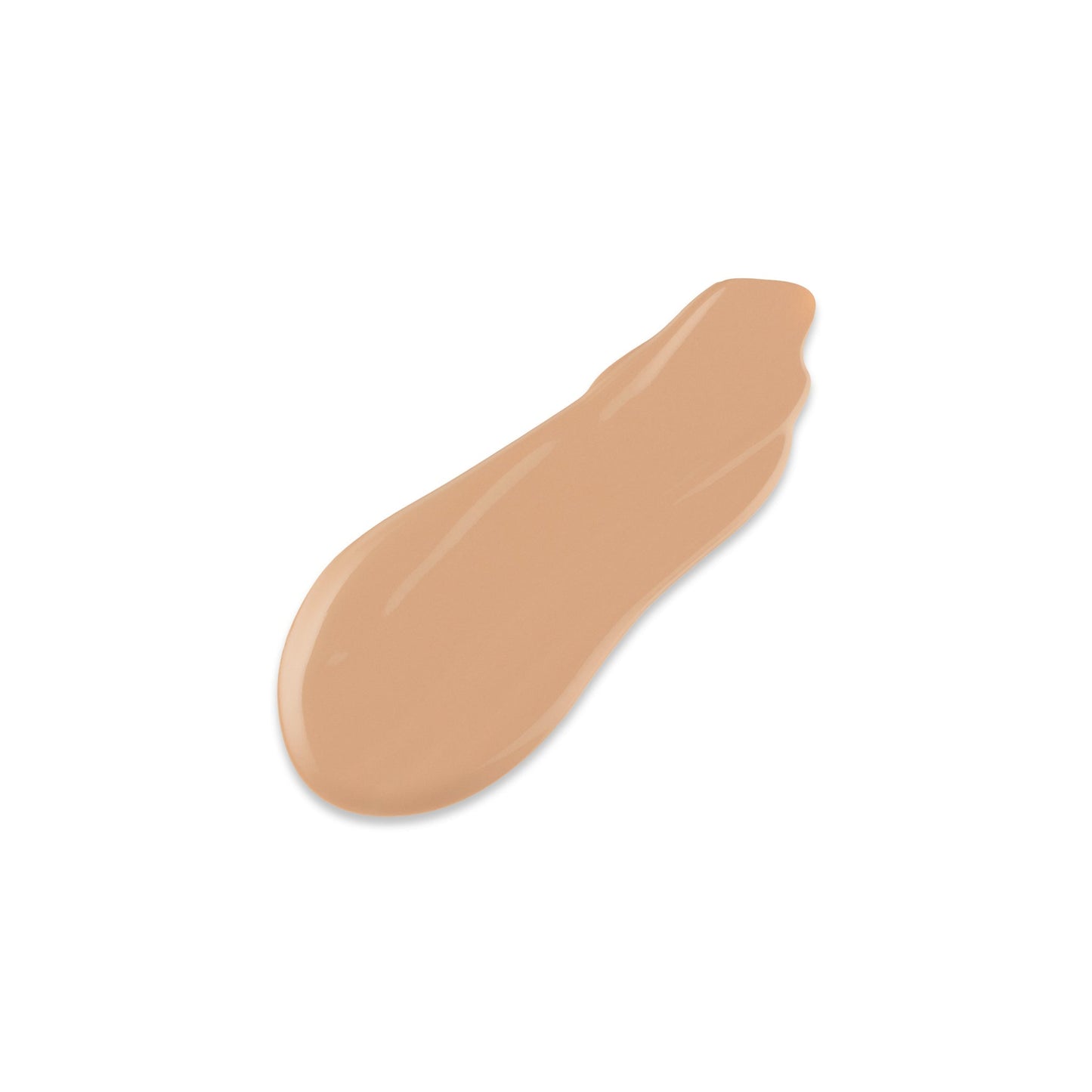
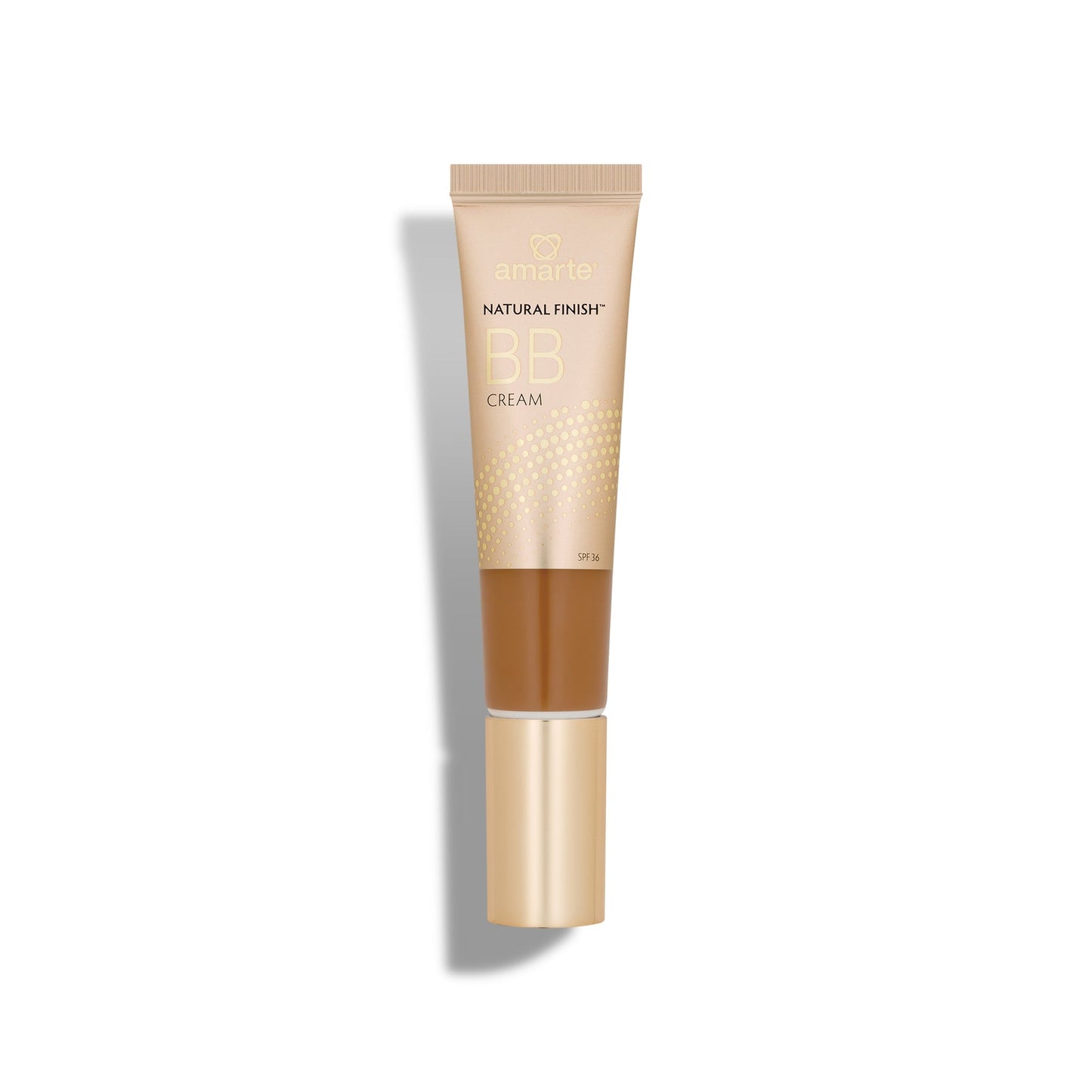
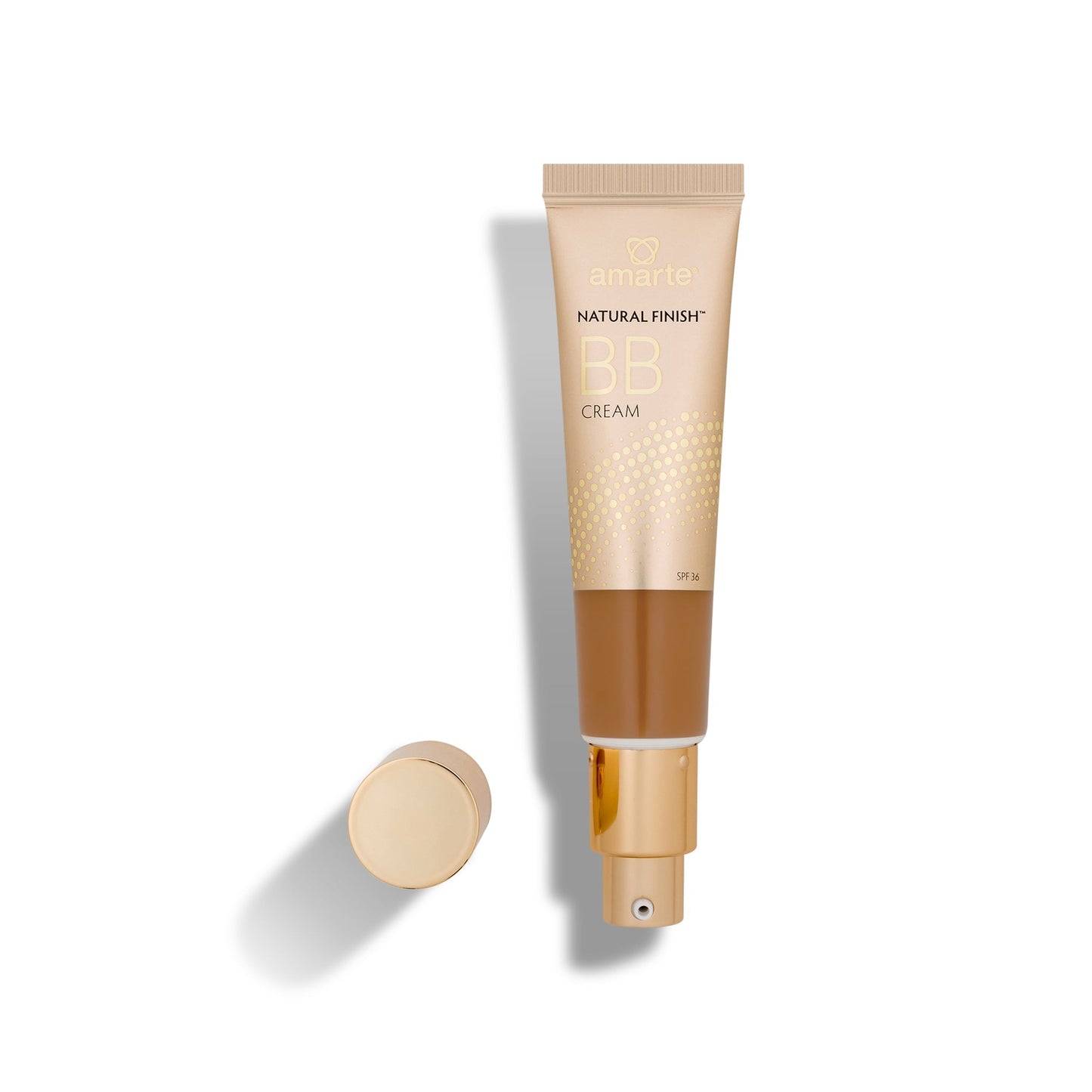


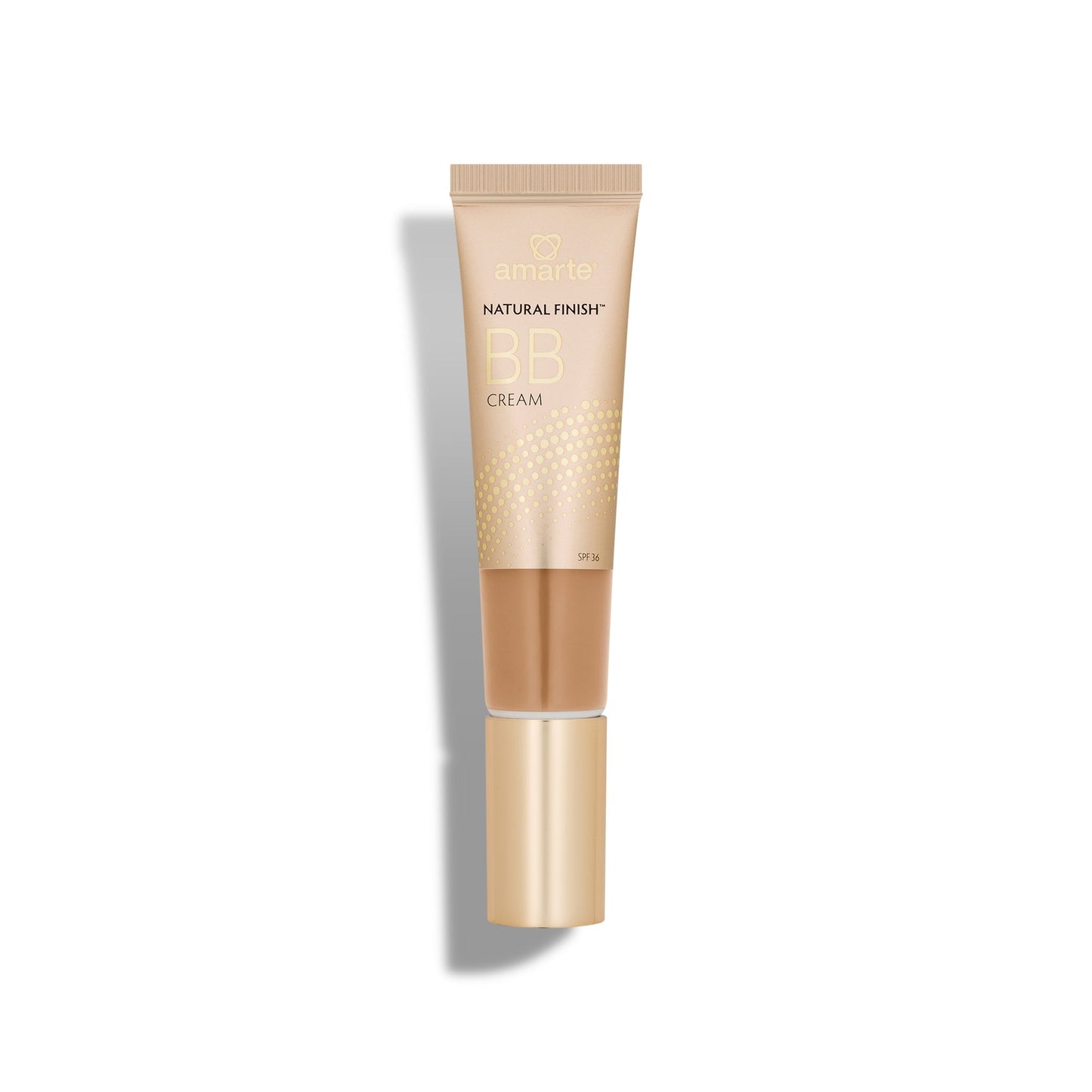


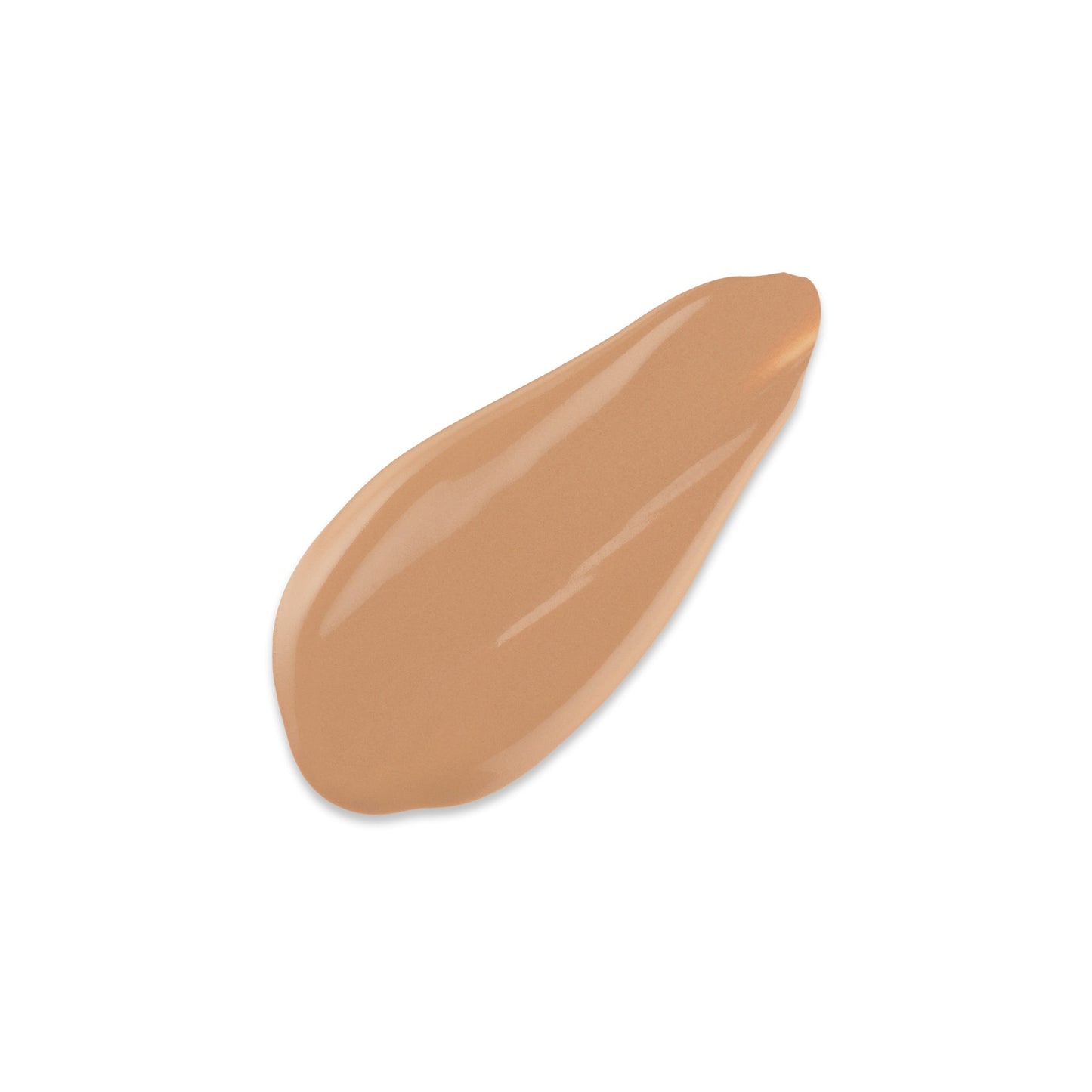

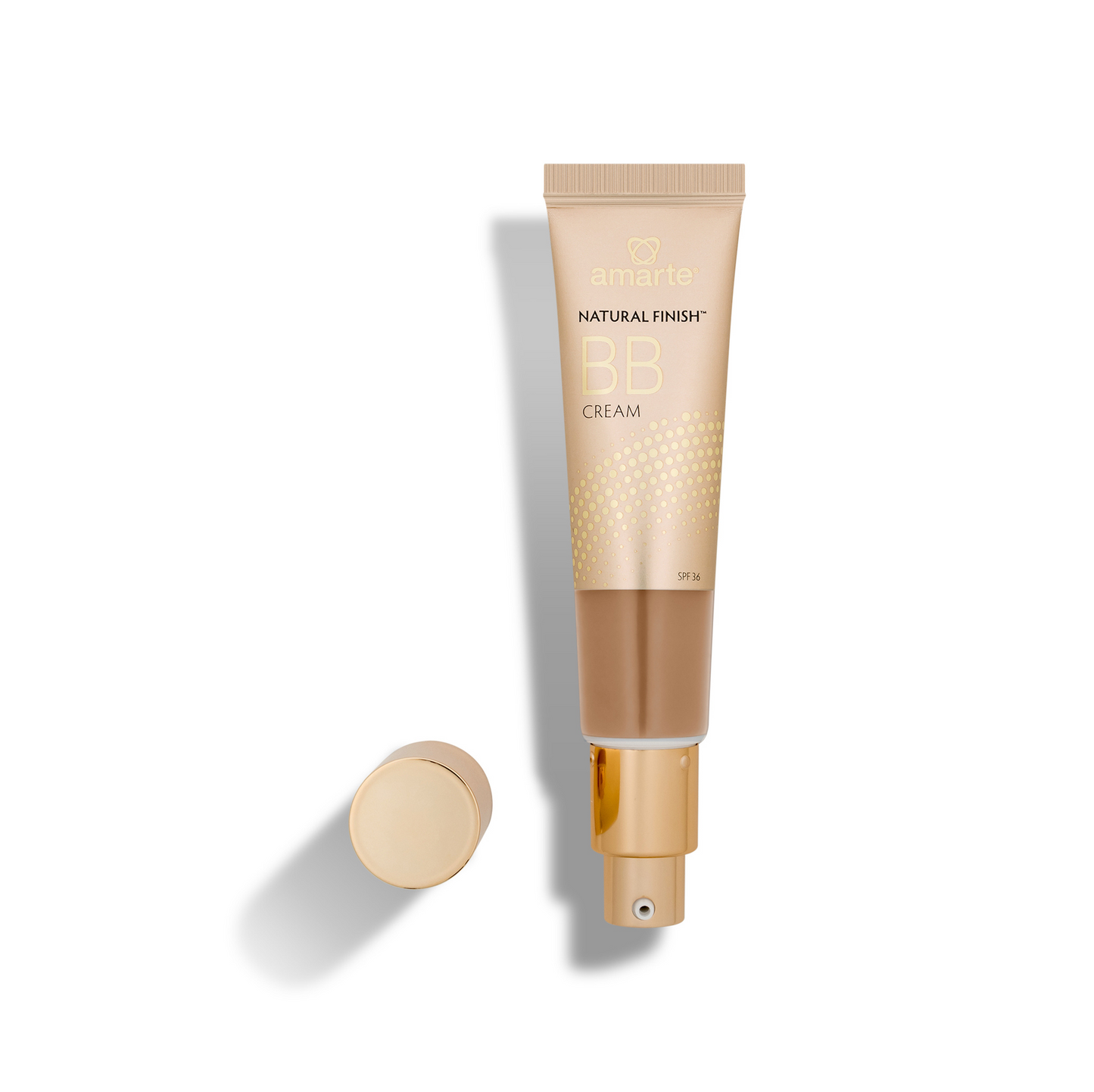
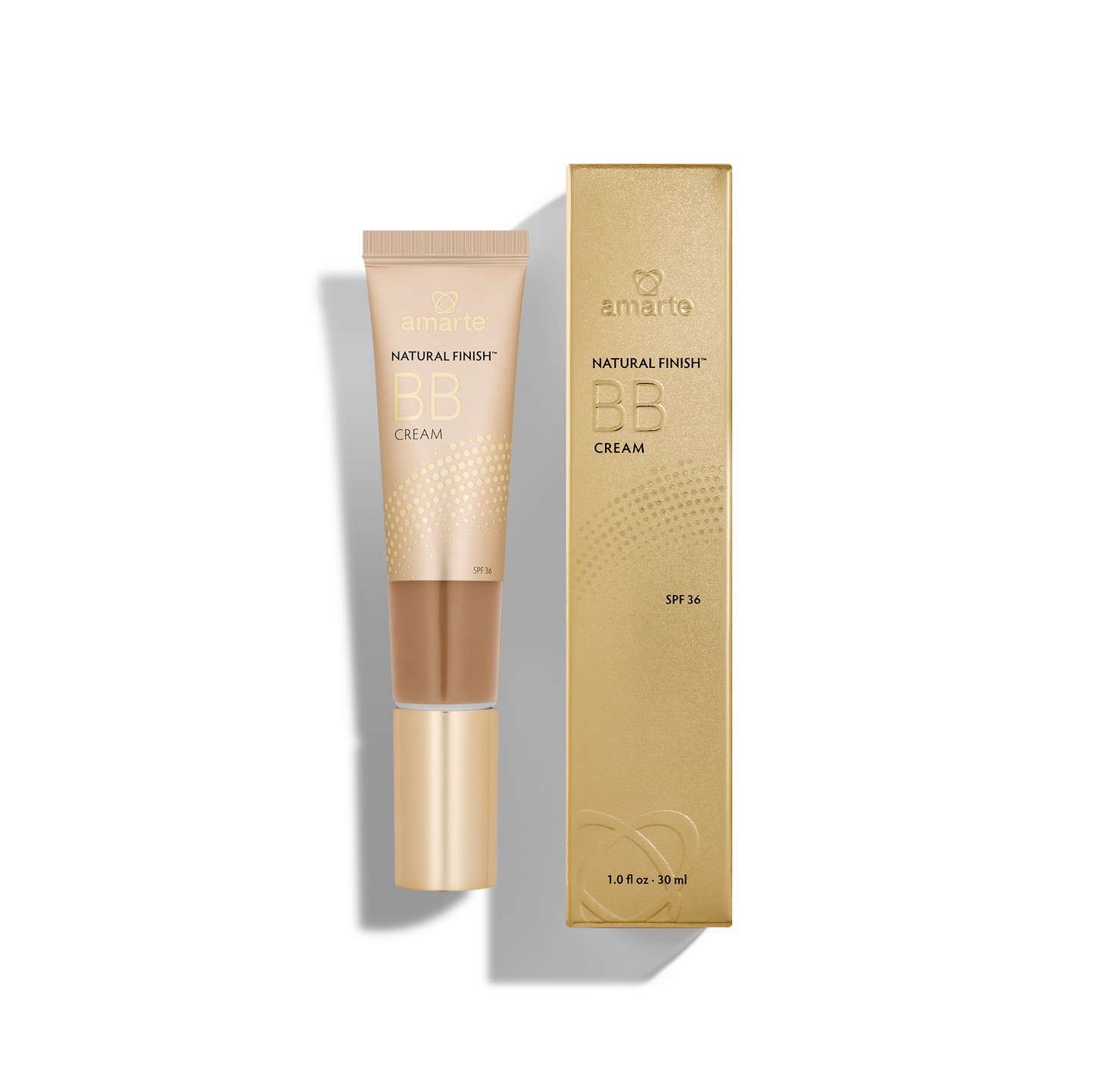
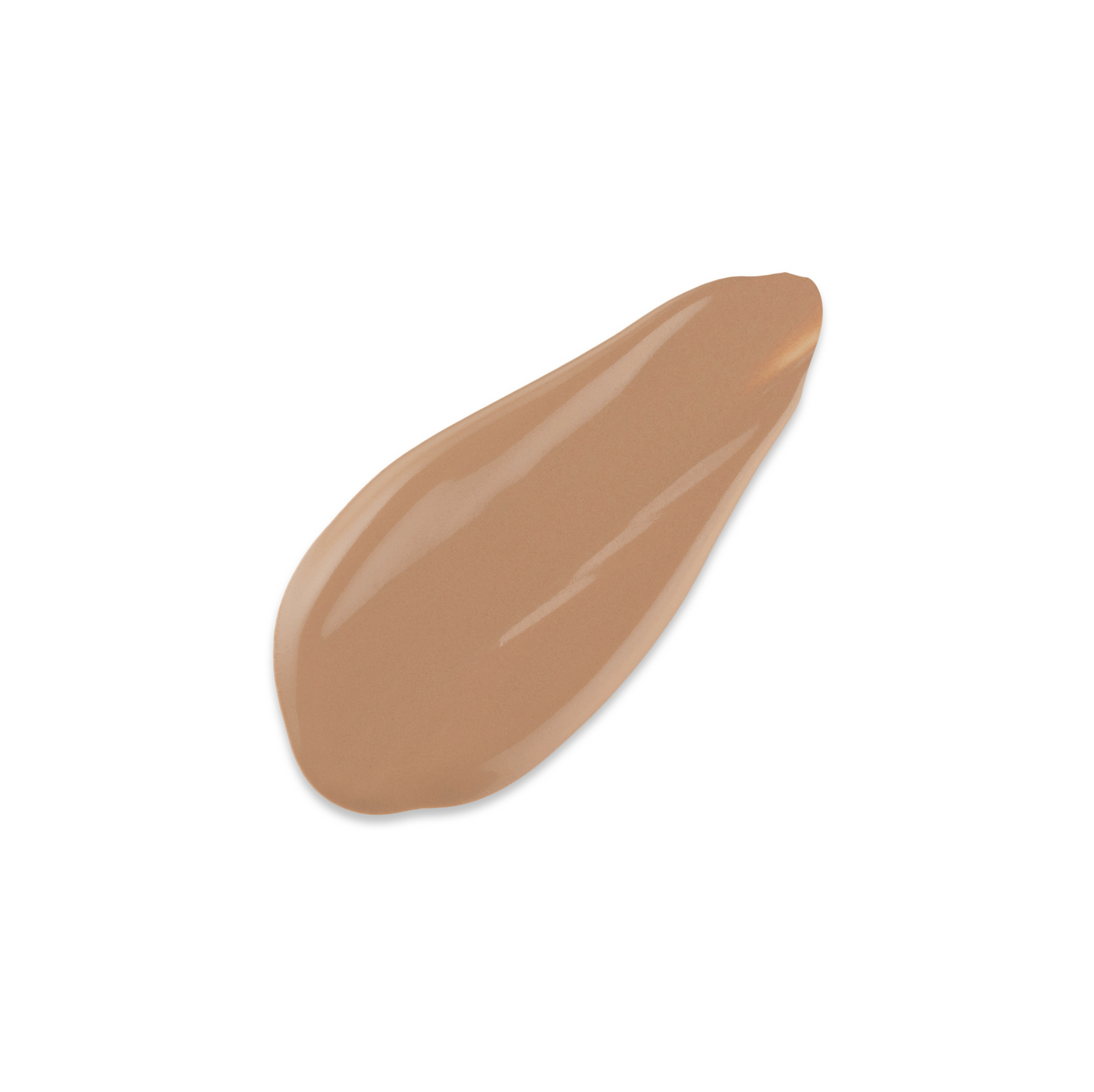
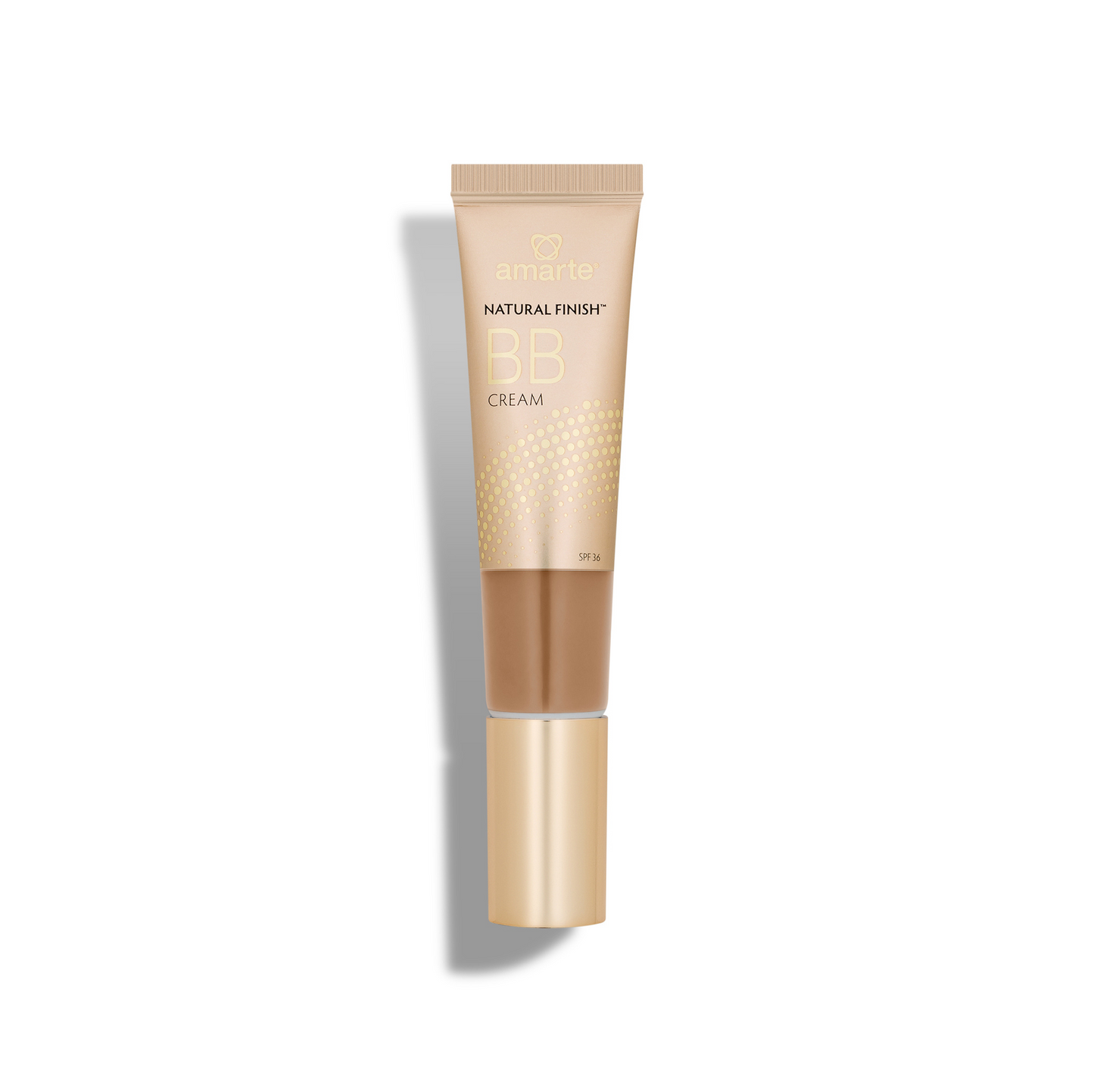

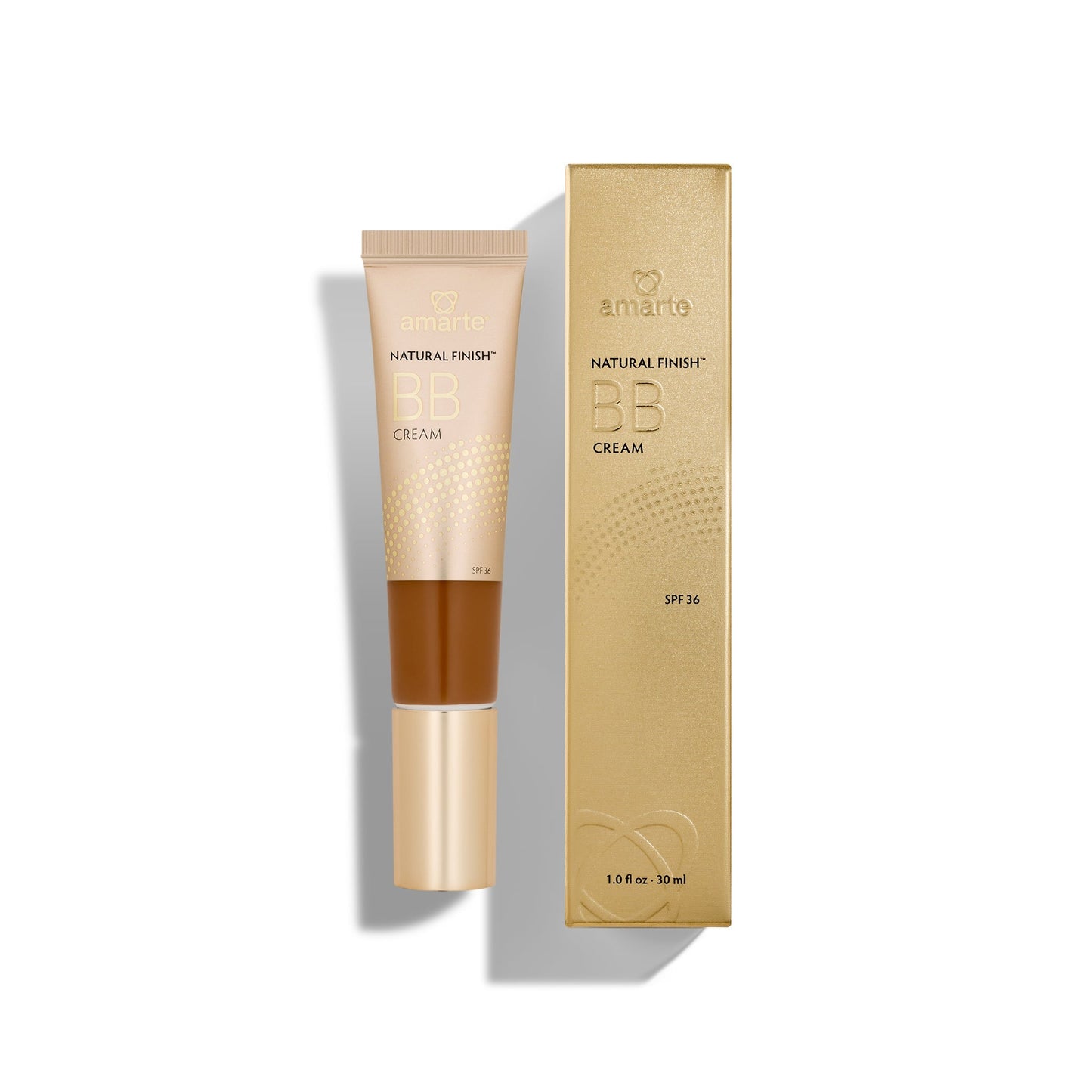

KEY INGREDIENTS
Titanium Dioxide 7%
Titanium dioxide is an FDA approved physical sunscreen ingredient. It remains on the skin surface, scatters UV light, and is often used in conjunction with other sunscreen chemicals to boost SPF values, thus enhancing overall product attractiveness. The finer the particle size of titanium dioxide, the less obtrusive and whitish the product will appear. Many authorities believe that titanium dioxide in an ideal UVA/UVB protection component given its chemical, cosmetic, and physical characteristics. Titanium dioxide also serves as a white pigment and opacifier in skin care products and cosmetics.
elegantly micronized for layerable coverage.
EthylHexyl Methoxycinnamate 5%
Ethylhexyl methoxycinnamate- also known as octinoxate and octyl methoxycinnamate- is the most popular sunscreen chemical worldwide. Concentrations of 2.0 to 7.5% are FDA approved for sunscreen. This ingredient's excellent UV absorption capability, good safety profile, broad solubility in oils, insolubility in water, and rare photo-allergy make it an almost perfect sunscreen chemical. It is derived from Peruvian balsam, cocoa leaves, cinnamon leaves, and storax and is noncomedogenic.
a near-perfect chemical sunscreen.
Argan Oil
Argania spinosa (argan) kernel oil: Argan oil is an emollient and skin conditioner derived from the nut of the argan tree. Native to Morocco, the argan tree lives up to 200 years and its oil has been used for skin care and dietary supplementation for centuries. It is rich in tocopherol (vitamin E), phenolic acid, carotenes, and essential fatty acids including omega-9 oleic acid and omega-6 linolenic acid. Considered beneficial in managing dry skin, eczema, psoriasis, acne, and sunburn, argan oil is one of the rarest oils in the world.
a rare moisturizer and skin conditioner.
HOW AND WHEN
HOW TO USE: Dispense one pump of product (for moderate coverage) to your fingertips and apply to face (and neck if desired). Product is buildable, so if more coverage is preferred, add additional layer(s) of product until anticipated result is reached. Can be applied with fingers, or with a makeup brush or damp makeup sponge.
WHEN TO USE: Use after your moisturizer and/or SPF as the final, protective step in your daily morning regimen to protect, nourish, and enhance the natural radiance of your skin.
FULL INGREDIENTS LIST
Click the following ingredients to learn the unique benefits of each.
-
Titanium Dioxide 7%
Titanium dioxide is an FDA approved physical sunscreen ingredient. It remains on the skin surface, scatters UV light, and is often used in conjunction with other sunscreen chemicals to boost SPF values, thus enhancing overall product attractiveness. The finer the particle size of titanium dioxide, the less obtrusive and whitish the product will appear. Many authorities believe that titanium dioxide in an ideal UVA/UVB protection component given its chemical, cosmetic, and physical characteristics. Titanium dioxide also serves as a white pigment and opacifier in skin care products and cosmetics.
-
Ethylhexyl Methoxycinnamate 5%
Ethylhexyl methoxycinnamate- also known as octinoxate and octyl methoxycinnamate- is the most popular sunscreen chemical worldwide. Concentrations of 2.0 to 7.5% are FDA approved for sunscreen. This ingredient's excellent UV absorption capability, good safety profile, broad solubility in oils, insolubility in water, and rare photo-allergy make it an almost perfect sunscreen chemical. It is derived from Peruvian balsam, cocoa leaves, cinnamon leaves, and storax and is noncomedogenic.
Other Ingredients:
-
water
Water is a fundamental ingredient for skin care products and life itself. Amarte products contain spring water sourced from a Korean nature preserve.
-
propylene glycol
Propylene glycol is an organic alcohol which, next to water, is the most common moisture-carrying vehicle used in cosmetic formulations. This pleasant feeling humectant permeates the skin well and absorbs water from the air.
-
cetyl ethylhexanoate
Cetyl ethylhexanoate is an ester of cetyl alcohol and 2-ethylhexanoic acid and serves as an emollient, skin conditioning, and thickening agent.
-
glycerin
Glycerin is a clear syrupy liquid made by chemically combining water and lipid derived from vegetable oil. Used as a humectant in moisturizers, glycerin is a water-binder that is able to draw and absorb water from the air, thus helping skin retain moisture. It facilitates exfoliation-promoting enzymatic reactions within skin and improves spreading qualities of creams and lotions.
-
cetyl PEG/PPG-10/1 dimethicone
Cetyl PEG/PPG-10/1 dimethicone is a skin conditioner and emulsifier comprised of an alkyl silicone polyether specifically engineered to provide the low hydrophilic-lipophilic balance (HLB) necessary to produce water in oil emulsions.
-
Macadamia integrifolia seed oil
Macadamia integrifoliaseed oil is a gentle, occlusive skin conditioning and moisturizing agent with excellent spreadability, lubrication, and penetration properties. Consisting primarily of unsaturated fatty acids including approximately 20% palmitoleic acid, this monounsaturated fatty acid is ideal for mature and/or dry skin.
-
Argania spinosa (argan) kernel oil
Argania spinosa (argan) kernel oil: Argan oil is an emollient and skin conditioner derived from the nut of the argan tree. Native to Morocco, the argan tree lives up to 200 years and its oil has been used for skin care and dietary supplementation for centuries. It is rich in tocopherol (vitamin E), phenolic acid, carotenes, and essential fatty acids including omega-9 oleic acid and omega-6 linolenic acid. Considered beneficial in managing dry skin, eczema, psoriasis, acne, and sunburn, argan oil is one of the rarest oils in the world.
-
human oligopeptide-1 (EGF 2-nano)
Human Oligopeptide-1 (EGF 2-nano) is a small polypeptide of 53 amino acids that serves as a cytokine to stimulate epidermal cell growth and proliferation. This peptide is derived from non-human sources using recombinant DNA biotechnology. Also know as EGF or epidermal growth factor. Amarte uses a two nanometer encapsulated formulation of EGF for better stability and absorption. This ActivElementhas been shown to speed the healing of wounds and reduce scarring.
-
caviar extract
Caviar extract is prepared from sturgeon roe and used in products for oily and mature dehydrated skins requiring revitalization. It is rich in unsaturated fatty acids and boasts a high content of multiple vitamins, including A, B1, B2, B6, D, and E. Caviar extract also contains minerals such as cobalt, copper, iodine, iron, magnesium, manganese, phosphorus, silicium, and zinc, as well as multiple essential and sulfured amino acids, including glutamic acid, glycine, methionine, lysine, arginine, histidine, and aspartic acid.
-
Portulaca oleracea extract
Portulaca oleraceaextract is also known as purslane extract and is credited with antimicrobial, antifungal, anti-inflammatory and analgesic properties. Constituent components of this extract include omega-3 fatty acids, vitamins A, B1, B2, C, and E, nicotinic, glutamic, aspartic, malic and citric acids, niacinamide, glutathione, alkaloids, comarins, glycosides, saponins, proteins, and flavonoids. Historically recognized worldwide to possess a myriad of beneficial properties, it is underutilized in modern skin care.
-
Aloe barbadensis leaf extract
Aloe barbadensisleaf extract: Aloe vera is a popular botanical recognized for more than 3000 years as offering medicinal benefits, including antibiotic, anti-inflammatory, and wound healing properties. It moisturizes, soothes, and calms and is excellent for dry and sensitive skin. The extract is harvested from the leaves of aloe vera, a South African lily-like plant, and is considered beneficial in treating sunburns and other minor burns, insect bites, and skin irritations.
-
elemental sulfur
Elemental sulfur is a periodic table element that is an essential part of all living organisms. A broad spectrum antimicrobial withunique anti-inflammatory and exfoliative properties, purified elemental sulfur is very effective in the treatment of acne, rosacea, and seborrheic dermatitis. A multi-tasker, this element is also a skin brightener that helps decrease sebum production. Amarte uses two nanometer diameter puresulfur particles to create revolutionary efficacy and cosmetic elegance.
-
allantoin
Allantoin is a botanical extract said to be healing, calming, and soothing. An excellent temporary anti-irritant, allantoin helps protect skin from external factors such as wind burn and may aid in healing damaged skin by stimulating new tissue growth. It is appropriate for sensitive, irritated, and acne-prone skin and is non-sensitizing. It may be synthesized or derived from the comfrey root.
-
dimethicone
Dimethicone is an inert, non-toxic silicone oil that serves as a skin protectant, provides lubricity and is very useful in reducing greasiness while improving water-resistance in SPF formulations.
-
iron oxide
Iron oxide is an inorganic compound derived from iron that is used as a coloring agent in skin care and cosmetics. It is recognized as safe by the FDA.
-
ferric oxide
Ferric oxide is an inorganic compound derived from iron that is used as a coloring agent in skin care products and cosmetics. It is recognized as safe by the FDA.
-
tri-iron tetra-oxide
Tri-iron tetra-oxide, an inorganic compound derived from iron, is used as a coloring agent in skin care and cosmetics and is recognized as safe by the FDA.
-
stearyl dimethicone
Stearyl dimethicone is a siloxane polymer that serves as an occlusive emollient and skin conditioning agent.
-
sorbitan sesquioleate
Sorbitan sesquioleate is a widely used emulsifying agent and surfactant synthesized from oleic acid and sorbitol.
-
butylene glycol
Butylene glycol is a solvent with good antimicrobial action that promotes synergystic preservative function. It also serves as a humectant, viscosity controller, and aroma refiner.
-
sodium chloride
Sodium chloride, also known as salt, is used in small quantities to refine formulation properties.
-
talc
Talc is also known as French chalk and is a finely powdered native magnesium silicate. This inert mineral adds softness and sliding ability to cosmetic formulations and serves as a bulking and opacifying agent. It functions as an absorbent ingredient when included in makeup formulations.
-
phenoxyethanol
Phenoxyethanol is a viscous, oily, liquid preservative with a faint rose-like scent. It has been extensively studied by the United States FDA and the Consumer Federation of America-backed Cosmetic Ingredient Review (CIR) Expert Panel on two occasions, including most recently in 2007. Consensus scientific data assessments have confirmed its safety as a cosmetic ingredient; the European Union Cosmetics Directive concurs with this safety assessment. Phenoxyethanol prevents or suppresses microbial growth and thus protects cosmetics and skin care products from spoilage. It is also used in fragrances.
-
althaea rosea (hollyhock) flower extract
Alcea rosea (hollyhock) flower extract: A biennial flowering plant native to Southwestern China, evidence of hollyhock use dates back 60,000 years. It possesses emollient, antibacterial, and possible anti-inflammatory properties.
-
butyrospermum parkii (shea tree) seed extract
Butyrospermum parkii (shea tree) seed extract: commonly known as shea butter, edible African shea tree extract is comprised of a mixture of five fatty acids and has conditioning and natural moisturizing properties. It also contains high levels of phenolic compounds with antioxidant properties.
-
collagen
Collagen promotes glowing, vibrant skin. This essential protein provides elasticity to the skin, helping it to appear more youthful and healthy. Collagen helps the skin cells renew and repair themselves and can also keep the skin moist.
































